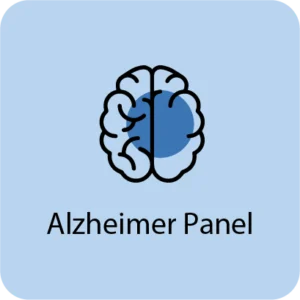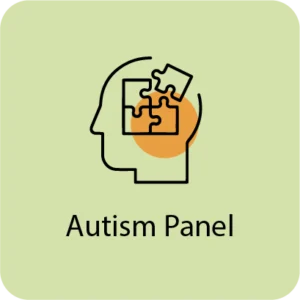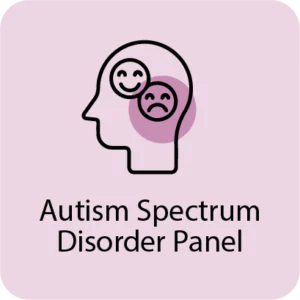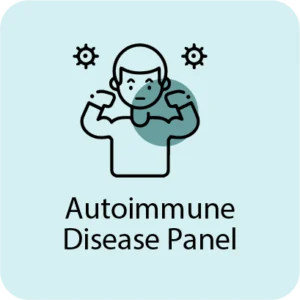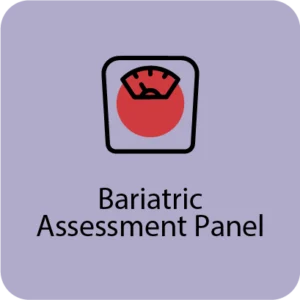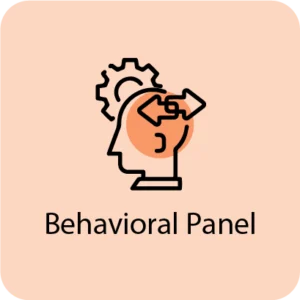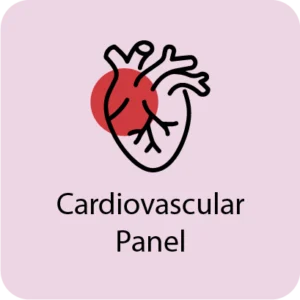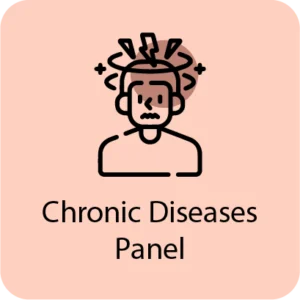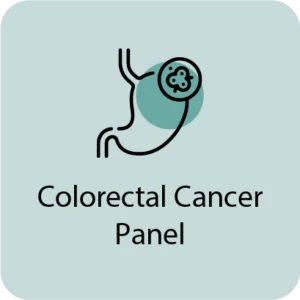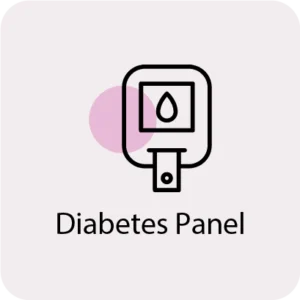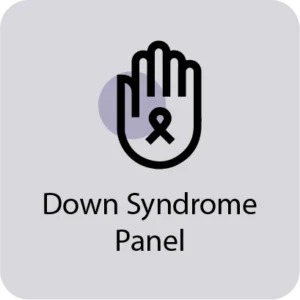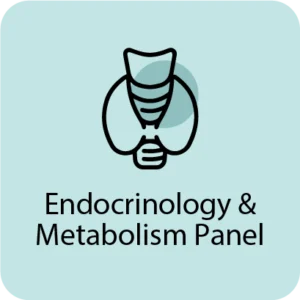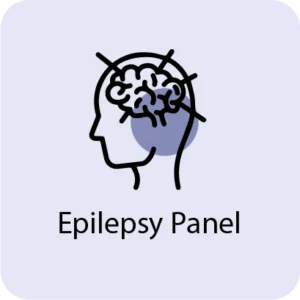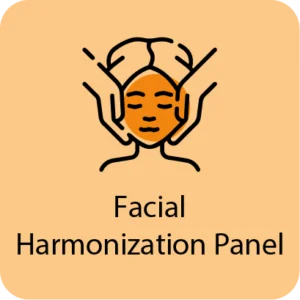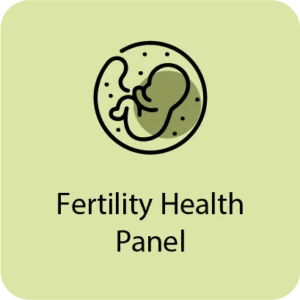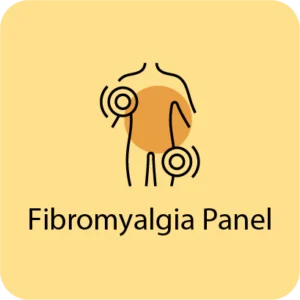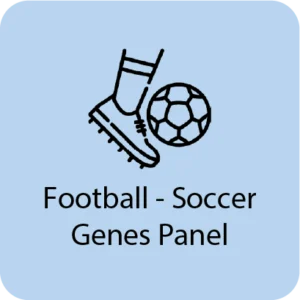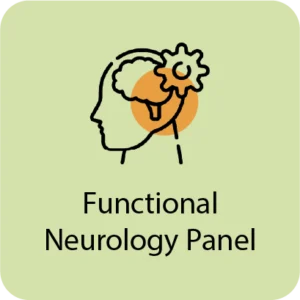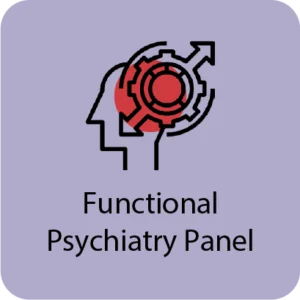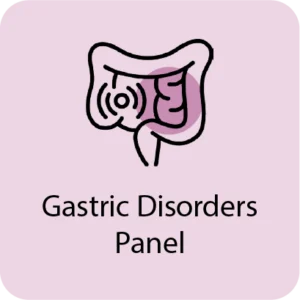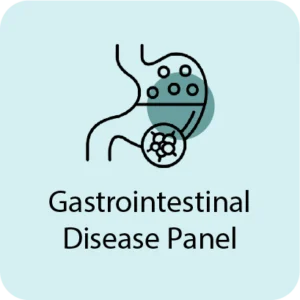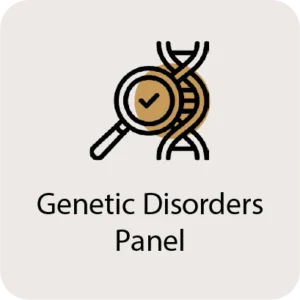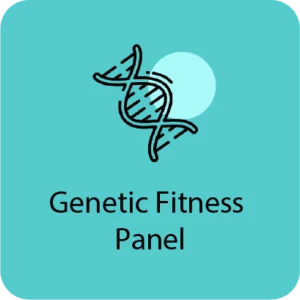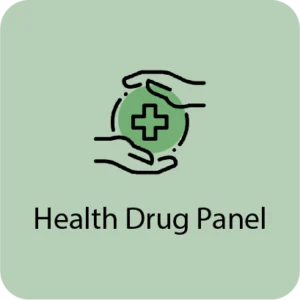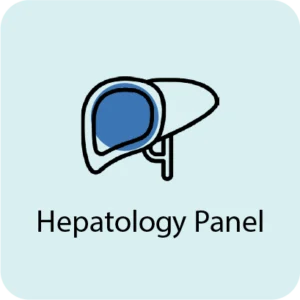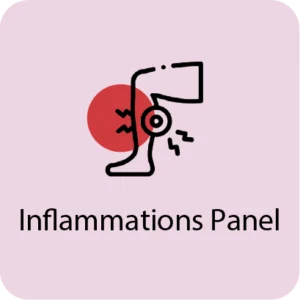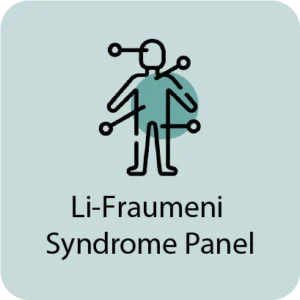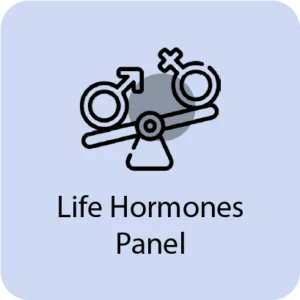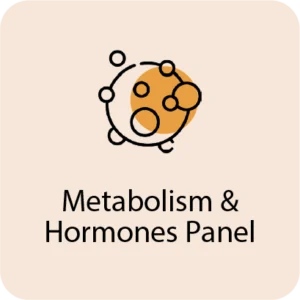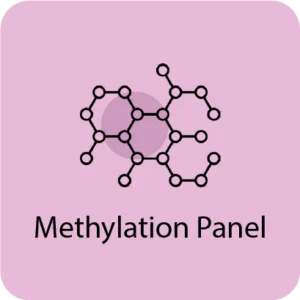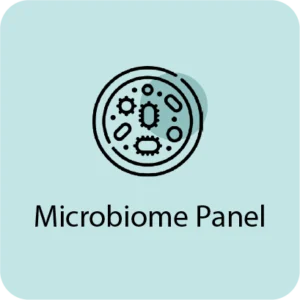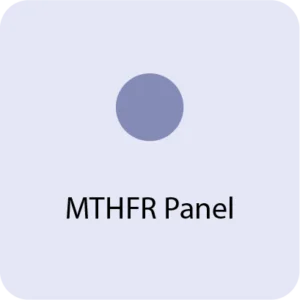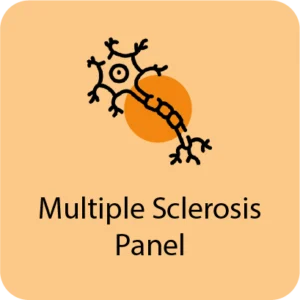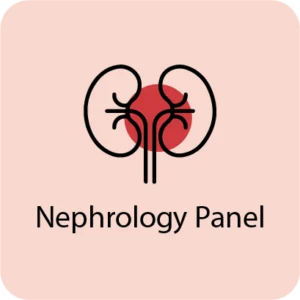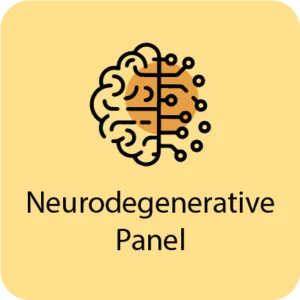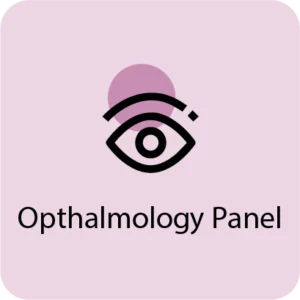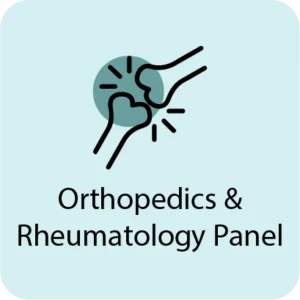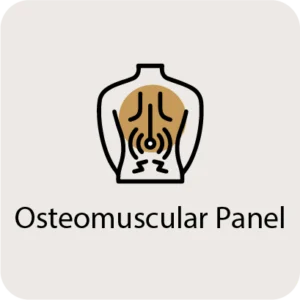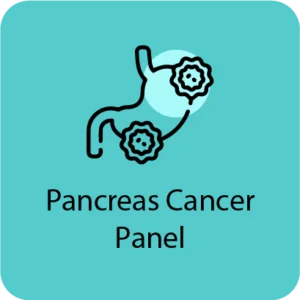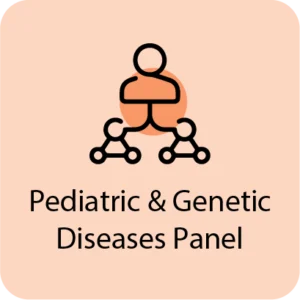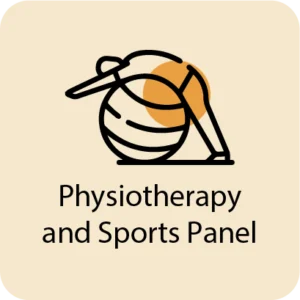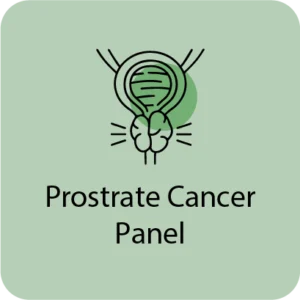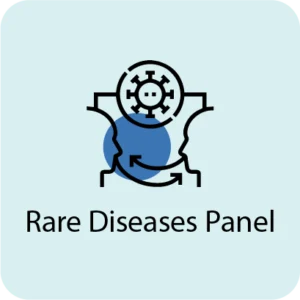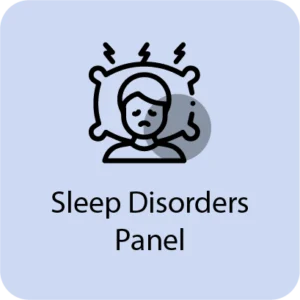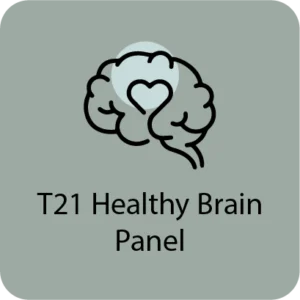Autism Panels
Autism Spectrum Disorder (ASD) condition is a neurodevelopmental condition that is characterized by challenges with social interaction, communication, and repetitive behaviors. ASD affects individuals differently. This goes well with a wide spectrum of symptoms and levels of severity. Understanding some other complexities of ASD is crucial for promoting several awareness, and acceptance, and it shall provide appropriate support and resources.
Symptoms of Autism Spectrum Disorder (ASD):
- Social Challenges: Individuals with conditions like ASD might all have issues in understanding social cues, forming relationships, and engaging in reciprocal social interactions. They may struggle with making eye contact, sharing some of their interests, and understanding the emotions of others.
- Communication Difficulties: ASD-like conditions can severely impact both verbal and nonverbal communication skills. Some of the individuals might have delayed speech development, issues in initiating or sustaining conversations or using some of the languages in a meaningful way.
Others may rely on alternative forms of communication, such as gestures, pictures, or assistive technology.
- Repetitive Behaviors: Repetitive behaviors, interests, or activities are common in individuals with ASD. These may include repetitive movements (e.g., hand-flapping, rocking), insistence on sameness or routines, and intense interest in specific topics.
- Sensory Sensitivities: Individuals with ASD may have heightened or reduced sensitivity to sensory stimuli, such as sound, light, touch, taste, or smell. They may be overwhelmed by certain sensations or seek out sensory experiences (e.g., spinning, tapping) for comfort or stimulation.
- Fixated Interests: Many individuals with ASD develop intense, fixated interests in specific topics or objects. These interests may be highly focused and bring them comfort or satisfaction, often becoming a central aspect of their lives.
Causes and Risk Factors:
- Genetic Factors: Genetics play a significant role in the development of ASD, with certain genetic mutations. Others shall be about variations that are well associated with an increased risk. Additionally, having a family history of ASD or other neurodevelopmental conditions may contribute to the likelihood of ASD.
- Environmental Influences: Environmental factors, such as prenatal exposure to toxins, maternal illness, or infections during pregnancy. Some others while complications during birth, and it might also influence the risk of ASD. However, the specific environmental triggers remain largely unknown.
- Brain Development: Alterations in brain development, particularly in regions involved in social communication, sensory processing, and executive function, are thought to contribute to the symptoms of ASD. Such alterations may occur during prenatal development or early childhood.
- Other Medical Conditions: Certain medical conditions, such as Fragile X syndrome, Rett syndrome, tuberous sclerosis, and genetic syndromes associated with ASD-like traits, may enhance the risk of developing ASD.
Diagnosis:
Diagnosing Autism Spectrum Disorder condition shall involve a comprehensive evaluation of developmental history, behavior, and some of the communication skills. Diagnostic criteria are well about those outlined in the Diagnostic and Statistical Manual of Mental Disorders (DSM-5) and typically include:
- Developmental Screening: Some of the tools like the Modified Checklist for Autism in Toddlers (M-CHAT) or the Autism Diagnostic Observation Schedule (ADOS) might all be used to assess some of the developmental milestones and identify red flags for ASD.
- Comprehensive Evaluation: A multidisciplinary team of healthcare professionals, like pediatricians, speech-language pathologists, psychologists, and developmental specialists. This might also conduct a thorough assessment to evaluate social communication, behavior, language, and sensory processing.
- Parental Input: Input from parents or caregivers regarding the child’s developmental history, behaviors, and concerns is essential in the diagnostic process.
Support and Management:
While there is no such cure for conditions like autism spectrum disorder. The issue shall have some early intervention and appropriate support that can significantly enhance those outcomes and quality of life for individuals with ASD. Some of the support and management strategies may include:
- Early Intervention Services: Early intervention services, like speech therapy, occupational therapy, behavioral therapy (e.g., Applied Behavior Analysis), and developmental interventions. These can all help in addressing some of the specific areas of need and promote skill development.
- Individualized Education Programs (IEPs): Individuals with condition ASD might further benefit from individualized education programs that might be tailored to their unique strengths, challenges, and learning styles. Such programs may also include accommodations, modifications, and specialized instruction to support academic, social, and behavioral success.
- Behavioral and Social Skills Training: Behavioral interventions, like social skills training, cognitive-behavioral therapy, and parent training programs, can help individuals with ASD develop adaptive behaviors, coping strategies, and social communication skills.
- Supportive Services: Access to supportive services, such as respite care, counseling, support groups, and community resources, can provide valuable support and assistance for individuals with ASD and their families.
- Advocacy and Awareness: Advocacy efforts aimed at promoting awareness, acceptance, and inclusion of individuals with ASD in schools, workplaces, and communities are essential in fostering a more inclusive and supportive society.
Autism Spectrum Disorder is known to be a complex neurodevelopmental condition that affects individuals differently, with a wide range of symptoms and some of the challenges. By understanding the symptoms, diagnosis, causes, and some of the available support for individuals, ASD, families, educators, and healthcare professionals can work together to provide appropriate support and resources for individuals with ASD to thrive.
At LifeCode, we are dedicated to promoting awareness, and acceptance, and providing compassionate care for individuals with Autism Spectrum Disorder and their families. If you or someone you know is affected by ASD, please don’t hesitate to reach out to us for support and guidance. Together, we can make a positive difference in the lives of individuals with ASD and create a more inclusive and supportive community for all.
| Categories | Conditions Observed |
|---|---|
| Content Yet to Receive | Content Yet to Receive |
What is the Autism Genetic Test?
The Autism Genetic Test is a specialized genetic test designed to analyze an individual’s DNA for specific genetic variations associated with autism spectrum disorder (ASD). By examining genetic markers related to ASD risk, this test aims to provide insights into an individual’s genetic predisposition to developing autism.
Who should consider undergoing the Autism Genetic Test?
The Autism Genetic Test may be beneficial for individuals with a family history of autism or those concerned about their risk of having a child with autism. Additionally, parents of children diagnosed with autism may consider genetic testing to better understand the underlying genetic factors contributing to their child’s condition.
What can I do with the results of the Autism Genetic Test?
The results of the Autism Genetic Test can provide valuable information for families and healthcare providers. Understanding genetic risk factors for autism may help families make informed decisions about family planning, early intervention services, and personalized treatment approaches for individuals diagnosed with autism.
Can the Autism Genetic Test determine the severity of autism symptoms?
The test primarily focuses on identifying genetic variations associated with an increased risk of developing autism, rather than predicting the specific characteristics or severity of symptoms in affected individuals.
Are there any ethical considerations associated with the Autism Genetic Test?
Yes, there are ethical considerations associated with genetic testing for autism, particularly regarding issues of privacy, informed consent, and potential stigma or discrimination.



